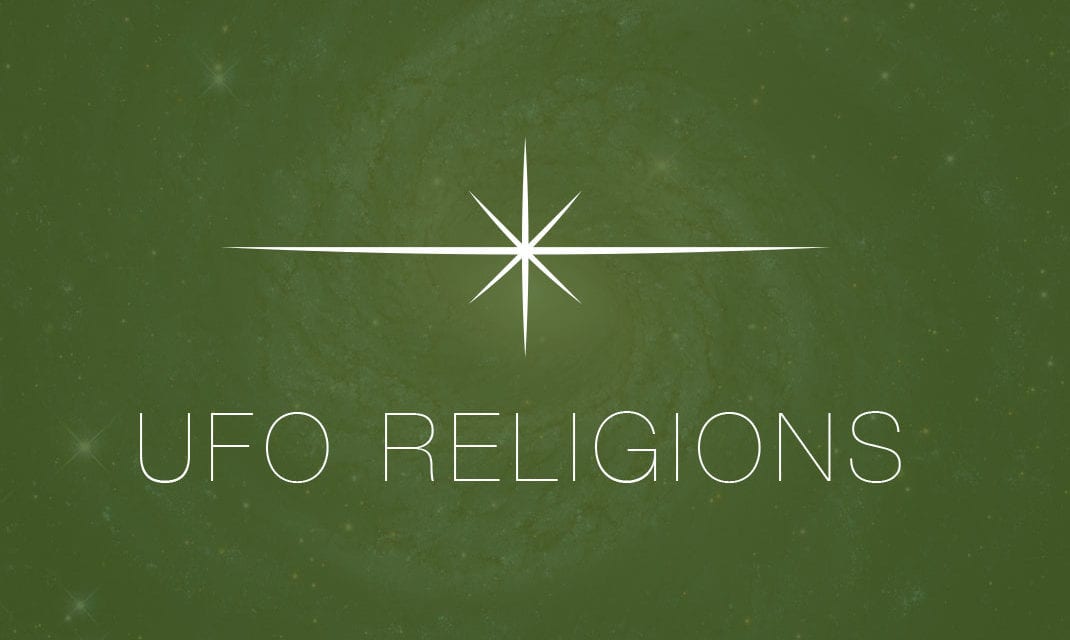I found this recent post entitled, “Is This the Dumbest Ever ‘Refutation’ of the Fine-Tuning Argument Ever?” worth the read (and a bit funny). It’s about some very poor thinking on the part of British philosopher Anthony Grayling with respect to his disdain of the fine-tuning argument often associated with the intelligent design movement.
I don’t often post things like this here, but examples like this are worth it. Part of the debate over the likelihood of ET life is linked to the debate over the alleged probability that other planets *must* be out there capable of supporting ET life. The other side is the “rare earth” view — that earth is alone (or probably alone) in being home to intelligent life and even complex life forms. That view is consistent with the fine-tuning argument, which posits earth is capable of supporting life because the universe is “fine-tuned” to make that possible. The term naturally implies intelligent design, but there are some fine-tuning proponents that don’t make God part of the equation.





Grayling was simply trying to reveal a logical fallacy in a misused fine tuning argument (not that it actually refutes fine tuning).
First and foremost, any claim that invokes God and higher powers can almost certainly never be resolved by science, logic or mathematics. God is an assumption and you can’t prove or disprove an assumption.
Now here’s what Grayling was really trying to point out in his analogy:
X implies Y does not imply that Y implies X.
This statement follows from basic logic. Now frame this in the context of the fine tuning argument. We are given that intelligent life exists (e.g. humans) and thus we know that the conditions were right to give rise to intelligent life. So the following statement is logically true:
Intelligent life implies ideal conditions.
But from basic logic, this does not commute. For example, given ideal conditions does not imply intelligent life will develop. If ideal conditions doesn’t imply intelligent life will develop, then the fine tuning argument isn’t true in general (though it could happen).
However, this does not dismiss the possibility of fine tuning. Should we assume (the magic word) a creator exists, then the universe was finely tuned solely for the existence of intelligent life (depending on your definition of “creator”) … but you can’t throw science, logic or mathematics at this and to try to do so is a waste of time. You either believe it or you don’t. That said, Grayling’s review was a waste of time.
In my personal opinion, scientists who attempt to substantiate claims of God (including atheists) are violating the most basic principles of science. A good scientist would say, “I don’t know, there is a lack of evidence.”
I agree that God and origins is never going to be subject to scientific study or validation or invalidation.
I disagree with the “ideal conditions” comment. Dembski and others in ID have written about the non-need for “perfection” in intelligent design. Examples / snippets:
Understanding Intelligent Design: Everything You Need to Know in … – Google Books Result
http://books.google.com/books?id=VhADiOaaO7kC&pg=PA55&lpg=PA55&dq=dembski+intelligent+design+imperfection&source=bl&ots=-_vE_Y59R1&sig=esjaib6qFfOlEhdUdhIadiUR6_Q&hl=en&sa=X&ei=ZYsjT9zqI8TSiAL-lLzGBw&ved=0CDAQ6AEwAg
http://www.uncommondescent.com/faq/
(see #24 – Bad Design Means No Design)
Thanks for the prompt response. I figured “ideal conditions” was too subjective. What I meant by “ideal conditions” was any set of conditions sufficient enough to support intelligent life (which includes those possibly imperfect conditions).
It’s conceivable that sufficient conditions for intelligent life do not necessarily imply that intelligent life will develop.
Regardless of Grayling’s claim, the logical fallacy is not sufficient to debunk fine tuning because it does not exclude the possibility that the Universe was finely tuned solely for the purpose of intelligent life. This is a perfectly feasible scenario.
Thanks for the links.
you’re welcome!